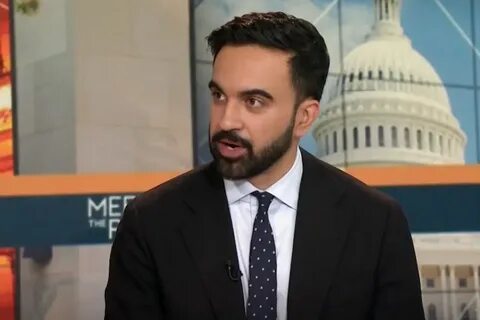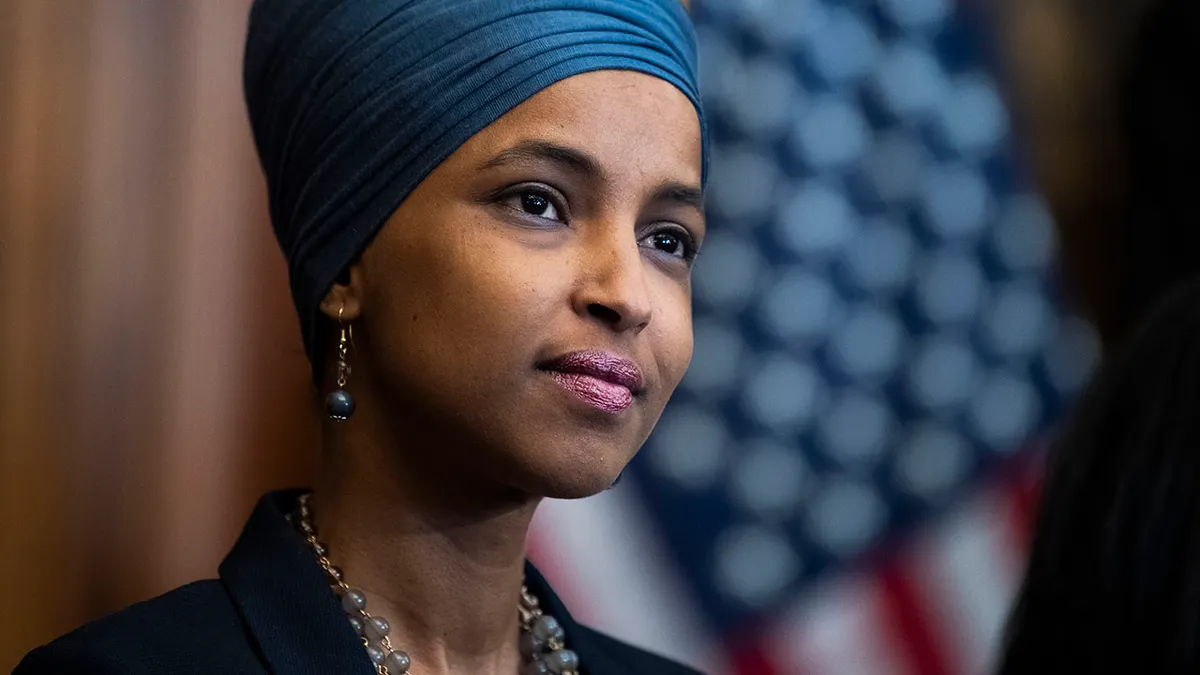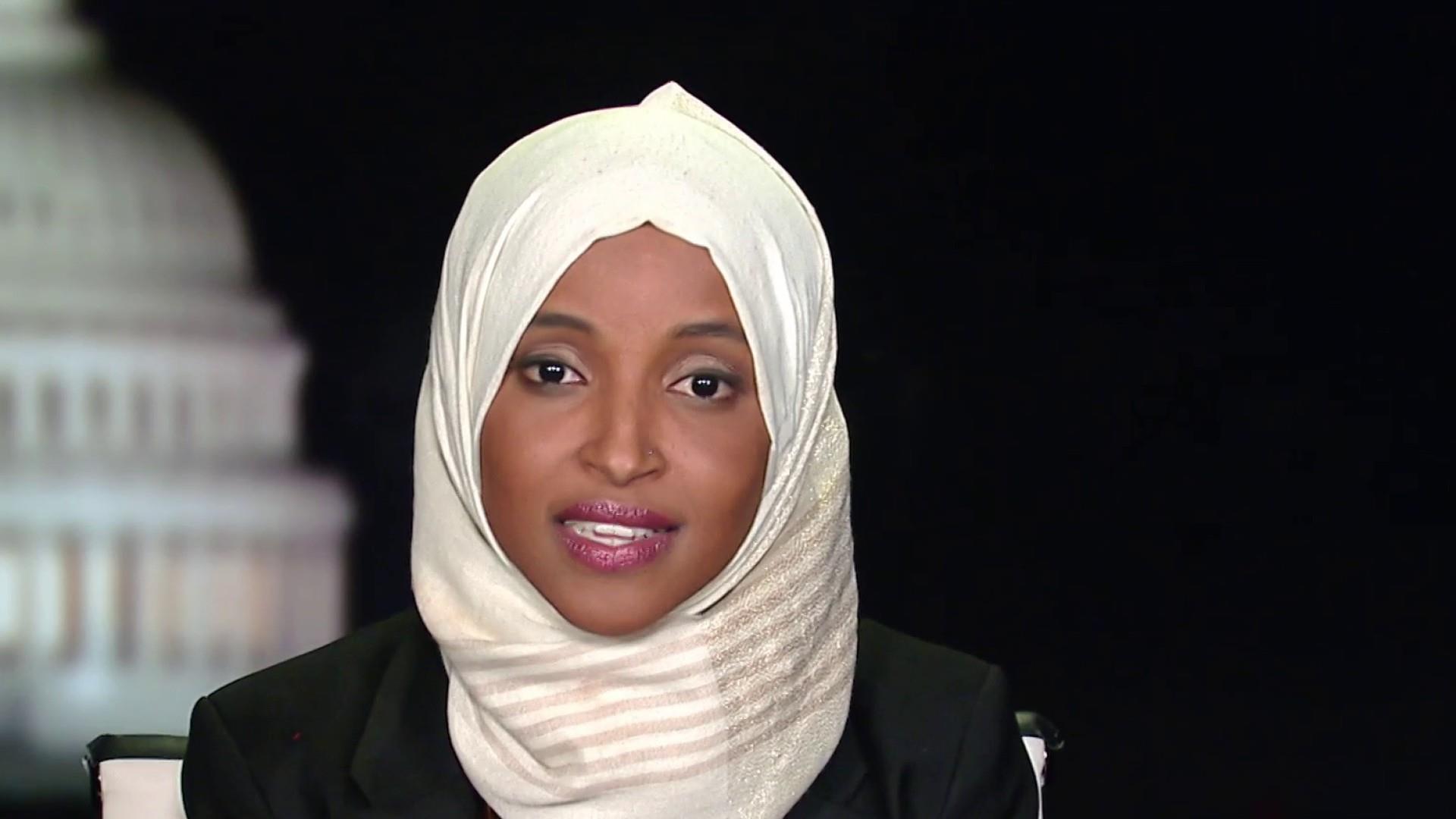Welcome to yougotdoge.com
New York City mayoral candidate Zohran Mamdani has sparked significant debate with his proposal to tax “richer and Whiter neighborhoods,” claiming that billionaires should not exist. This stance raises questions about the implications of his platform for the American Dream.
Mamdani, a democratic socialist, insists that his plan is not racially motivated, despite its explicit targeting of predominantly White areas. On NBC’s “Meet the Press,” he stated, “It’s not driven by race. It’s more of an assessment of what neighborhoods are being under taxed and overtaxed.” However, many view his rhetoric as divisive and potentially harmful to American society.
His policy, titled “Stop the Squeeze on NYC Homeowners,” aims to shift the tax burden from overtaxed homeowners in the outer boroughs to wealthier neighborhoods. He argues that homeowners in affluent areas are not contributing their fair share in taxes, proposing adjustments to tax rates and assessments. Critics, however, contend that this approach unfairly targets specific demographics and undermines the principles of opportunity and success.
When confronted about the language of his proposal, Mamdani maintained that it reflects reality rather than prejudice. Yet, many see his comments as an attack on wealth that could stifle ambition and discourage success.
Mamdani’s belief that “we shouldn’t have billionaires” resonates with some progressive circles but raises critical questions about the role of wealth in society. In a city with many billionaires, his stance could be perceived as impractical and detrimental to those striving for financial success.
Critics argue that his ideology aligns more with socialism than with American values. The idea that wealth should be redistributed based on race or neighborhood demographics sets a dangerous precedent, raising concerns about fairness and meritocracy.
In conclusion, Zohran Mamdani’s proposals challenge conventional American values. As he campaigns for a position of influence in New York City, voters must consider the broader implications of his ideology on the future of NYC and American society.





